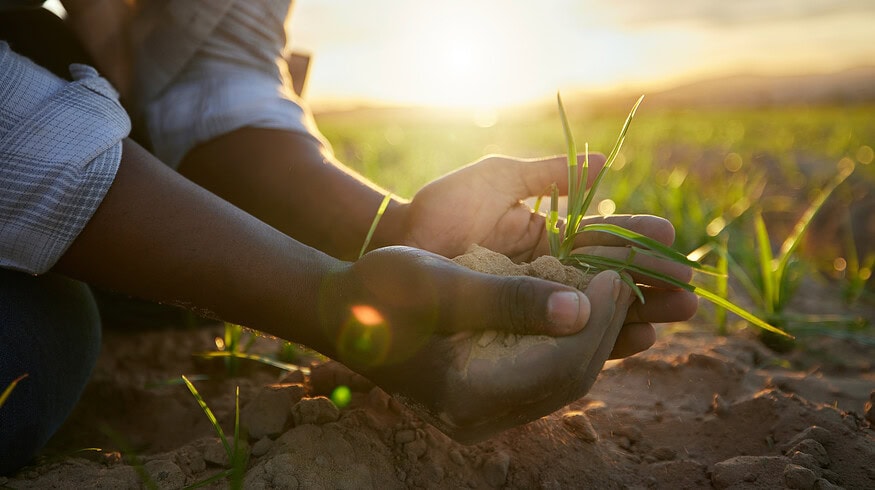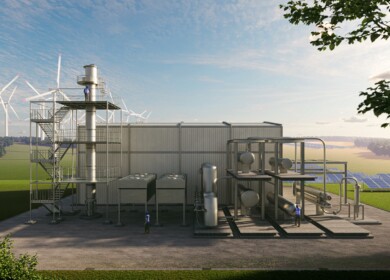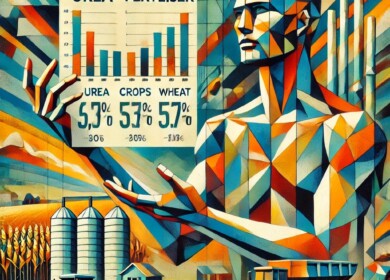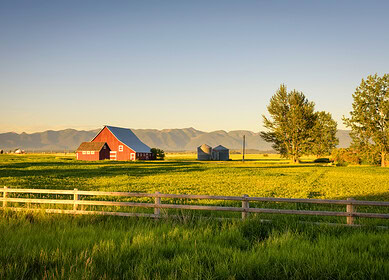South African agriculture sees uptick in optimism amid energy stability and lower costs

Wandile Sihlobo, chief economist at the Agricultural Business Chamber of South Africa (Agbiz), recently highlighted several reasons for increased optimism in South Africa’s agricultural sector. This positivity comes as the Agbiz/IDC Agribusiness Confidence Index (ACI) surged 10 points to 48 in the third quarter, signaling growing confidence in the sector’s outlook, despite still being below the neutral 50-point mark.
A significant factor in this improved sentiment is the stabilization of the country’s electricity supply. “A steady energy supply is critical for horticultural production, which includes fruit, vegetables, and floriculture, all heavily reliant on irrigation,” Sihlobo explained. This stability also supports the energy demands of major sectors like livestock, poultry, dairy, and aquaculture.
Enhanced by the adoption of renewable and alternative energy sources, the stability in national energy supply has played a crucial role in these developments. Additionally, the start of the 2024-25 summer season has brought with it lower input costs, further boosting agricultural prospects. Notably, fertilizer prices have decreased by about 10% year-on-year in rand terms—a significant relief as fertilizers represent roughly one-third of input costs for grain farmers.
Other input costs, such as herbicides and insecticides, have also seen reductions, with herbicide prices down around 20% and insecticides by approximately 15%, as of August 2024. These price drops, supported by a stronger rand and global price reductions, are easing operational costs for farmers.
Lower fuel prices during the high-usage planting period and the potential for La Niña-induced rainfall in the upcoming summer season add further to the sector’s positive outlook. Sihlobo noted that these favorable conditions are likely to support job creation within the sector and help stabilize consumer food prices into 2025.
Despite these positive indicators, Sihlobo cautioned that South Africa’s long-term agricultural growth and job creation hinge on the Government of National Unity’s ability to tackle challenges in network industries, enhance municipal functions, manage animal diseases, and expand export markets in response to shifting global trade dynamics.
Enjoyed this story?
Every Monday, our subscribers get their hands on a digest of the most trending agriculture news. You can join them too!












Discussion0 comments